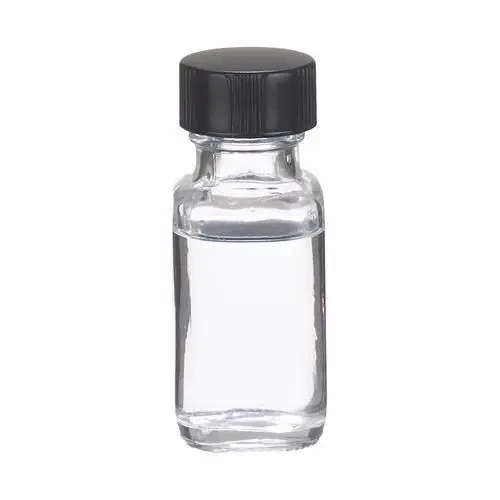The Role of Ornithine Aspartate in Hepatic Encephalopathy
Hepatic encephalopathy (HE) is a complex neuropsychiatric complication arising from acute or chronic liver failure. It is characterized by a spectrum of neurological and psychiatric symptoms, ranging from mild cognitive alterations to profound confusion, stupor, and coma. One of the critical biochemical derangements associated with HE is the accumulation of ammonia in the bloodstream, primarily due to decreased hepatic detoxification capacity. As a result, researchers and clinicians have explored various therapeutic agents to manage and ameliorate the cognitive impairments associated with this condition. Among these interventions, the use of ornithine aspartate (OA) has garnered considerable attention.
Ornithine aspartate is a dipeptide composed of ornithine and aspartate, both of which play vital roles in nitrogen metabolism, particularly within the urea cycle. OA functions primarily to enhance the liver's detoxification processes, specifically increasing ammonia clearance and reducing its neurotoxic effects on the brain. This is particularly relevant in patients with HE, as elevated ammonia levels are closely linked to the severity of the disorder.
The Role of Ornithine Aspartate in Hepatic Encephalopathy
Clinical studies investigating the efficacy of OA in patients suffering from HE have yielded promising results. Randomized controlled trials have demonstrated that OA can significantly improve mental status in patients with both acute and chronic liver disease. Patients treated with OA reported improved cognitive function and a reduction in the severity of HE symptoms compared to those receiving standard treatments or placebo. Moreover, compared to conventional ammonia-lowering therapies—such as lactulose and rifaximin—OA has been noted for its favorable tolerability profile, making it a viable option for patients who may not tolerate other treatments well.
ornithine aspartate in hepatic encephalopathy

Despite the therapeutic benefits associated with OA, some questions remain regarding the optimal dosing and treatment duration. The available literature often suggests varying dosages, typically ranging from 6 to 30 grams per day, depending on the severity of the condition and patient-specific factors. This variability highlights the need for further prospective studies to establish well-defined dosage regimens and treatment protocols for different manifestations of HE.
In addition to its primary role in the management of HE, OA may also have implications in liver health and function more broadly. Studies have indicated that OA can exert hepatoprotective effects, possibly aiding in the recovery of liver function following episodes of acute liver injury. By ameliorating hyperammonemia and supporting the liver’s metabolic capacity, OA could play a dual role in treating HE while potentially promoting overall liver well-being.
The broader implications of OA extend to its potential utility in combination with other therapies aimed at managing HE. Given the multifactorial nature of the disease, a multi-pronged approach incorporating OA alongside traditional treatments may enhance overall therapeutic outcomes. The synergistic effects of combining OA with lactulose or other ammonia-lowering agents warrant exploration, as this could lead to improved cognitive recovery and a better quality of life for individuals suffering from HE.
In conclusion, ornithine aspartate represents a promising therapeutic option for the management of hepatic encephalopathy, aimed at ameliorating hyperammonemia and enhancing cognitive function in affected patients. While existing evidence supports its efficacy and safety, continued research is essential to determine optimal dosing strategies and to explore its potential in broader clinical contexts. As our understanding of hepatic encephalopathy evolves, the role of adjunctive therapies like OA will likely become increasingly integral to comprehensive patient care in this challenging condition.

